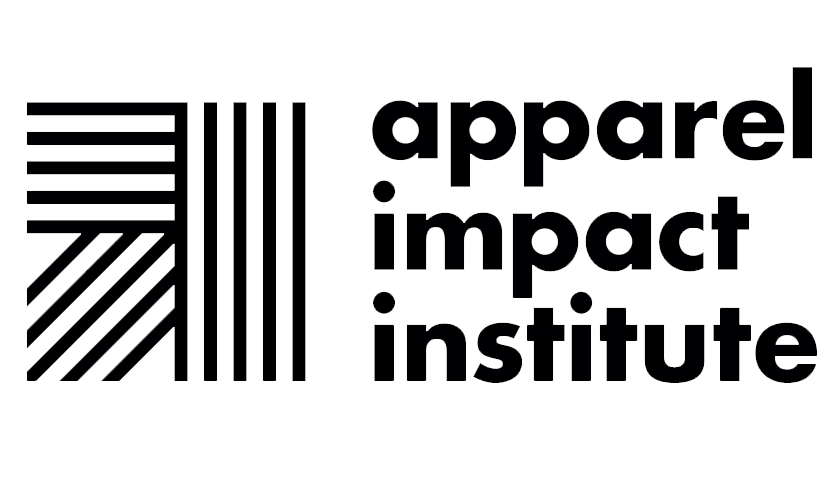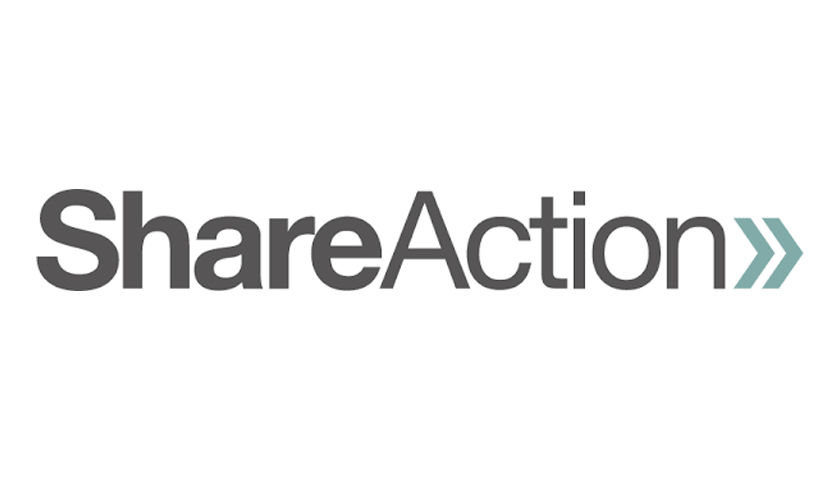Apparel Impact Institute (Aii) announces HSBC as a new philanthropic funder to its $250M Fashion Climate Fund (FCF). HSBC is pledging an initial $4M over the next three years and will also aim to provide sustainability and trade finance expertise to support the FCF’s mission of driving industry-wide convergence to modernize apparel and footwear supply chains to meet the industry’s ambition to halve carbon emissions by 2030.
As outlined in the recent report, “Unlocking The Trillion-Dollar Fashion Decarbonisation Opportunity: Existing And Innovative Solutions,” co-authored by Aii & Fashion for Food and supported by HSBC, studies estimate that more than 2% of the global greenhouse gas emissions stem from the fashion industry. With the global average temperatures projected to rise by 3 degrees Celsius this century, disruptive solutions and unprecedented actions are needed to curb emissions. The findings in the report are significant – analysis shows an estimated $1T is required to finance the decarbonization of the fashion industry by 2050 – and bringing together a diverse range of actors from across the value chain is critical to enabling solutions.
HSBC joins current FCF backers, Target Corporation, H&M Foundation, H&M Group, Lululemon, The PVH Foundation, and the Schmidt Family Foundation. The bank’s support will help fund market insight reports, regional research projects to identify and overcome financial barriers, as well as build connections between facilities, brands, NGOs, governments, and financial institutions. HSBC’s contributions will support FCF in building the infrastructure needed to enable partners to identify, measure, secure finance for and deploy decarbonization solutions from renewable energy to energy efficient measures.
Lewis Perkins, President of Aii shares, “With this announcement, HSBC continues to show its support in critically needed sustainable supply chain finance to fund the textile, apparel, and footwear industry’s transition to net zero. We estimate the total cost for the decarbonization of this industry to be $1 trillion between now and 2050 – the majority of which will go towards capital investment in the supply chain. We applaud HSBC for its continued support and ongoing collaboration during this critical time.”
Jenny McInnes, Group Head of Policy and Partnerships at HSBC, adds, “At HSBC we are not only leveraging our philanthropy but also our trade finance expertise to support the apparel sector’s journey to net zero and the decarbonization of trade and global supply chains. Aii play an important role in bringing key stakeholders to design solutions that tackle some of the systemic challenges facing the apparel and footwear industry.”
Looking ahead to early 2024, the focus of Aii and FCF’s continued work will be to create an enabling environment to develop financial instruments and expand membership of brands and manufacturers.
Aii Launches Suite of New Financial Tools to Help Suppliers
With support from FCF’s lead partners, including HSBC, Aii is also working on building innovative financial tools to complement its portfolio of solutions. These tools aim to create greater incentives for suppliers to undertake decarbonization projects via access to more affordable capital. The Rockefeller Foundation, a partner of Aii, is also encouraging this work by committing significant grant support to the FCF to bring these financial tools from conversation to deployment.
This fall, Aii and a small group of key stakeholders from across the value chain including HSBC, BNP-Paribas, Standard Chartered, MAS Holdings, Brandix, PVH, Lululemon, H&M Group and Guidehouse, gathered to create an activation plan starting with the most critical regions. One of the outcomes of this meeting is an Aii-backed “climate finance solutions” marketplace portfolio approach to facilitate suppliers’ access to affordable capital. This will include two initial financing initiatives that could look like (a) Facility Loan Guarantees and (b) blended capital supplier funds. Three working groups made up of participating representatives will further operationalize these primary options.


